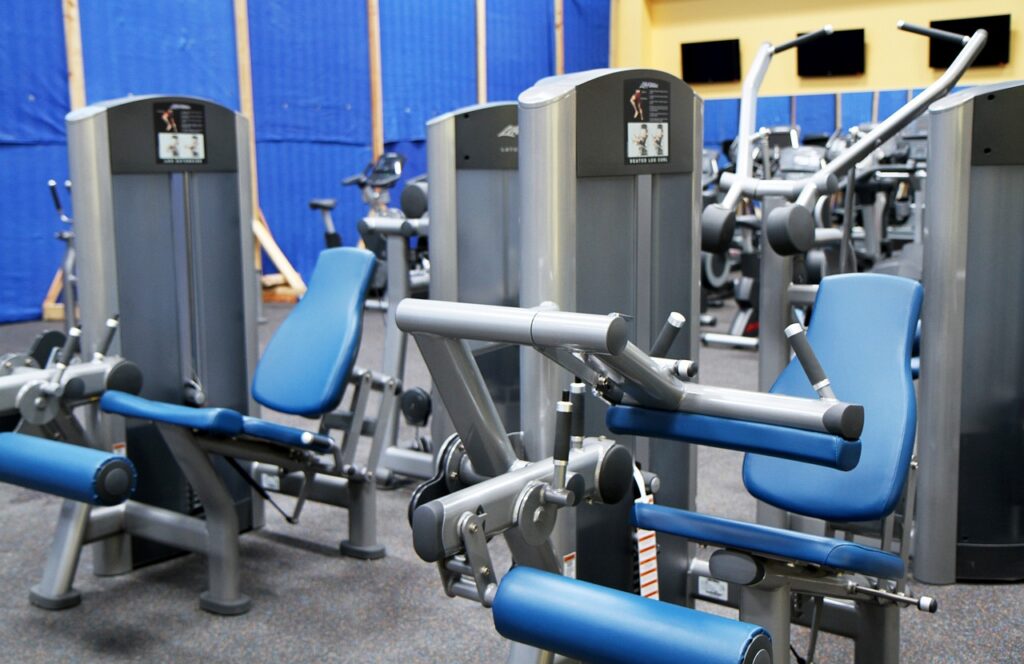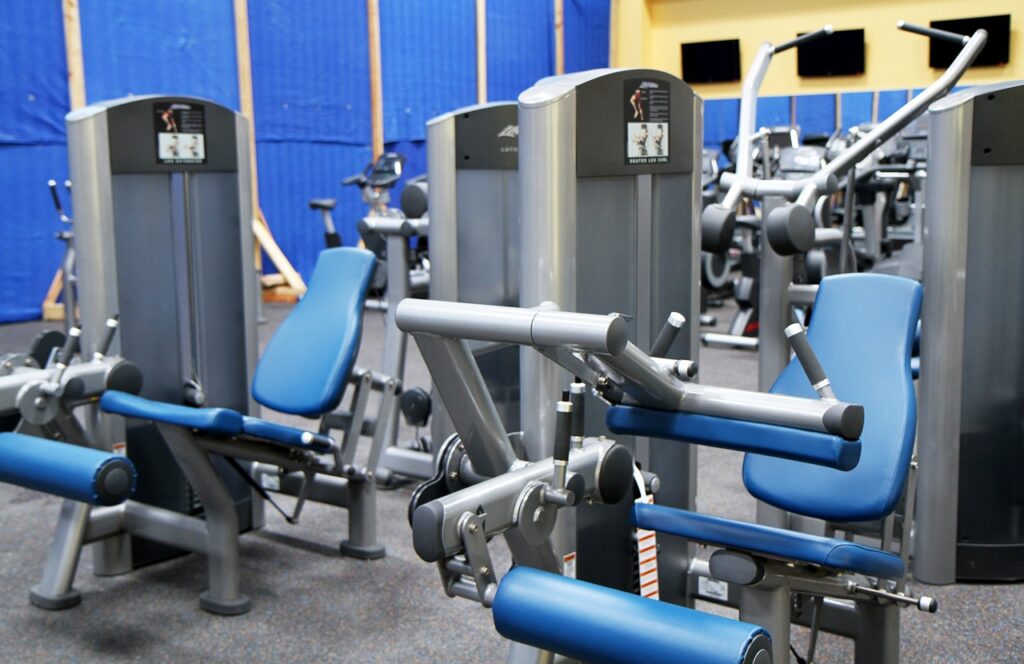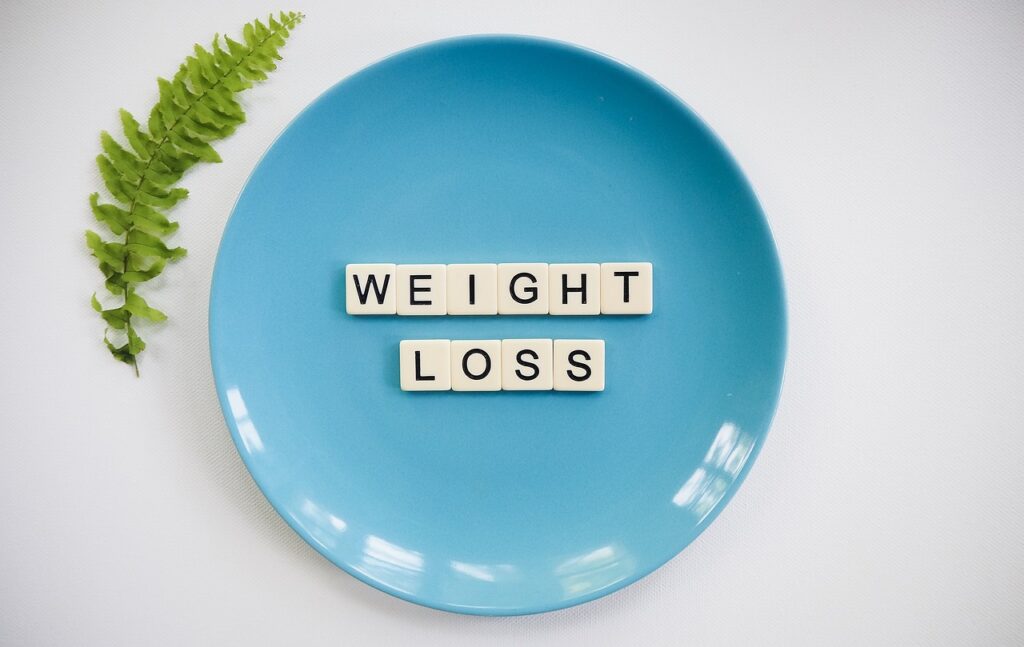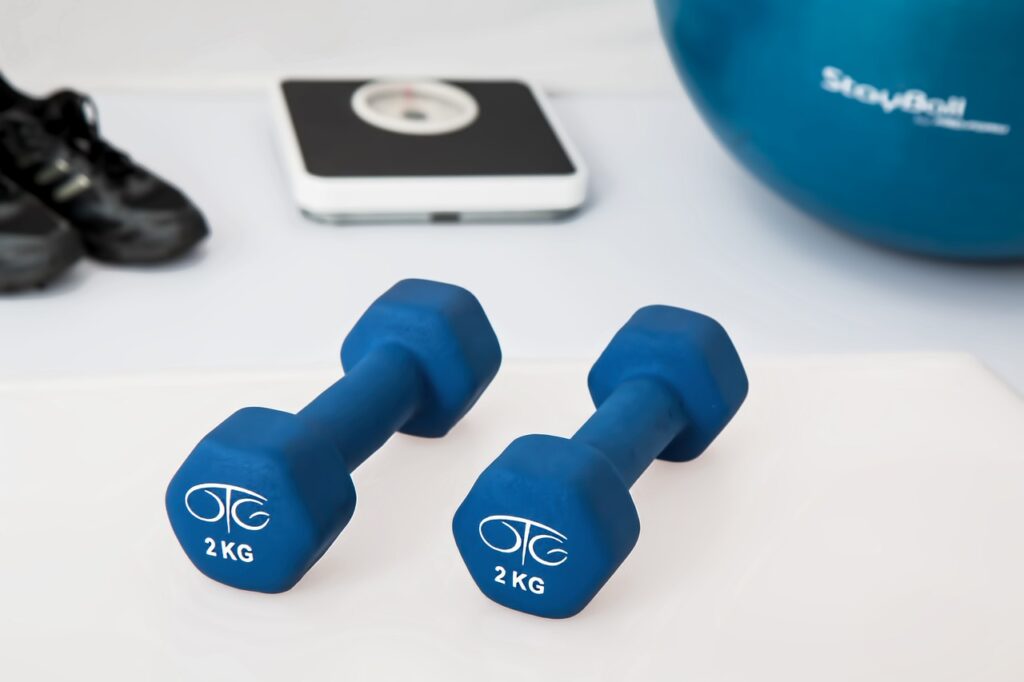Intro

Embarking on a journey of weight loss after 50 can seem daunting. It’s entirely achievable with the right knowledge and approach. As our bodies age, they undergo various changes that can impact metabolism,
hormonal balance, and overall health. This can make losing weight feel like an uphill battle. But fear not! This guide is designed to unveil 30 secrets that will help you navigate the path of weight loss after 50. It
ensures that you not only shed those extra pounds but also improve your health and vitality.
Understanding Your Body After 50
As we reach the age of 50 and beyond, our bodies begin to exhibit noticeable changes. This can significantly influence our weight management efforts. It’s crucial to acknowledge and understand these
shifts to tailor a weight loss strategy that aligns with our current physiological state.
Firstly, a slowed metabolism becomes more common, a natural consequence of aging that can make shedding pounds more challenging than it was in our younger years. This metabolic deceleration is often
coupled with a decrease in muscle mass. Since muscle burns more calories than fat, even when at rest, this reduction can further hinder our ability to lose weight efficiently. Engaging in activities that preserve
or build muscle mass is, therefore, an essential strategy for counteracting these effects.
Hormonal imbalances also play a pivotal role in weight management after 50. Women may experience fluctuations due to menopause, while men might encounter changes in testosterone levels. Both
scenarios can affect weight. It’s advisable to consult a healthcare professional who can offer guidance or treatment options for managing these hormonal shifts effectively.
Hydration is another key aspect of understanding your body at this stage of life. Water consumption not
only supports digestion but also plays a role in satiety, possibly leading to reduced calorie intake. Similarly, the quality of sleep we get each night influences hormonal balances related to appetite
regulation. Ensuring adequate, restful sleep can therefore be a critical component of a successful weight loss plan.
Finally, managing stress levels cannot be overlooked. Stress triggers the release of cortisol, a hormone that can promote fat storage, particularly around the abdomen. Identifying stress reduction techniques
that work for you. This can be through meditation, physical activity, or social connection. This can have a positive impact on your weight loss efforts.
By recognizing and adapting to these changes in our bodies, we can create a more effective and sustainable approach to losing weight after 50. Each of these element : metabolic rate, muscle mass,
hormonal balance, hydration, sleep quality, and stress management plays a significant role in how our bodies function and, ultimately, how we can successfully manage our weight during this chapter of our lives.
Food Secrets for Weight Loss
When focusing on weight loss after 50, adopting a strategic approach to nutrition can significantly impact your success. A well-thought-out diet not only helps in shedding extra pounds but also supports overall
health and vitality, crucial aspects as we age.
Start by reducing your intake of sugar and processed foods. These culprits can disrupt your weight loss journey by causing blood sugar spikes and fueling cravings that lead to overeating. Instead, fill your plate
with whole, nutrient-rich foods that stabilize blood sugar and provide long-lasting energy.
Increasing your protein intake is another effective strategy. Protein plays a pivotal role in maintaining muscle mass, which is especially important as muscle naturally diminishes with age. Incorporating lean
meats, legumes, and dairy into your meals can also keep you satiated longer, preventing unnecessary snacking.
Don’t underestimate the power of fiber. Consuming high-fiber foods, such as fruits, vegetables, and whole grains, not only aids in digestion but also contributes to feelings of fullness. This can help you
manage portion sizes more effectively and avoid the temptation of second helpings.
Speaking of portion control, utilizing smaller plates and measuring servings can visually trick your brain into feeling satisfied with less food. This practice is beneficial for managing calorie intake without feeling deprived.
Meal planning emerges as a crucial element in controlling what you eat. By preparing meals ahead of time, you can avoid impromptu decisions to indulge in less healthy options. Planning also ensures that
you always have nutritious snacks and meals readily available, reducing the likelihood of reaching for convenience foods.
Mindful eating encourages a deeper connection with your food. By paying attention to hunger cues and stopping when you feel full, you can avoid overeating. This practice fosters a healthier relationship with
food, where eating becomes a response to hunger rather than an emotional or habitual action.
Lastly, smart hydration goes beyond just drinking water. Incorporating beverages like green tea can offer metabolic benefits while keeping you hydrated. Remember, sometimes our bodies can mistake thirst for
hunger, so staying well-hydrated is a simple yet effective tool for managing appetite and supporting weight loss efforts.
By embracing these nutrition tips, individuals over 50 can navigate the complexities of weight loss with confidence, making each meal an opportunity to nourish and support their body’s needs.
How To Exercise After 50.

In the pursuit of weight loss after 50, incorporating an exercise routine tailored to your body’s evolving needs is crucial. The focus should be on a balanced regimen that promotes calorie burn, muscle
maintenance, and overall health without causing undue stress or injury.
Strength training emerges as a cornerstone of this fitness strategy. With the natural decline in muscle mass associated with aging, engaging in resistance exercises at least twice a week is essential. This not
only helps in preserving and building muscle but also in boosting metabolism, allowing your body to burn more calories even during periods of rest.
Cardiovascular activities should also be a significant component of your exercise plan. Activities such as brisk walking, swimming, and cycling are excellent for burning calories and improving cardiovascular
health. These exercises can be easily adjusted to fit your fitness level, ensuring you get the most benefit without risking harm.
Incorporating flexibility and balance exercises, such as yoga or tai chi, is equally important. These
practices help maintain mobility, reduce the risk of falls, and can even serve as a gentle introduction to more vigorous forms of exercise for those who are starting their fitness journey from a lower baseline of activity.
Consistency in your exercise routine is key to achieving and maintaining weight loss. Finding activities that you genuinely enjoy can significantly increase your likelihood of sticking with your program long-
term. Whether it’s dancing, hiking, or a group fitness class, the best exercise is the one you’re happy to do regularly.
Setting realistic, achievable goals is vital to prevent burnout and frustration. Begin with exercises that are manageable for your current fitness level, and gradually increase the intensity as your strength and
stamina improve. This gradual progression can help maintain motivation and prevent the discouragement that often accompanies overly ambitious exercise targets too soon.
Lastly, creating a support system by involving friends or family in your exercise activities can provide additional motivation and accountability, making the journey to weight loss after 50 not only more
successful but also more enjoyable.
For more information visit :https://www.wellnessfamilydentistry.com/blog/13-healthy-age-50/40481
Lifestyle Adjustments

Navigating weight loss after 50 involves more than just diet and exercise; it requires thoughtful lifestyle adjustments that enhance your overall approach. Establishing a supportive network is paramount.
Whether it’s family members who cheer on your efforts or friends who join you on your fitness journey, having people in your corner makes a significant difference. They can offer encouragement on tough days
and celebrate your milestones with you, making the process less isolating and more communal.
Staying on top of your health through regular check-ups is another critical strategy. These visits can uncover any underlying issues that might be affecting your weight loss progress, from hormonal
imbalances to metabolic conditions. Addressing these early with your healthcare provider ensures that you’re not just losing weight, but also nurturing your overall health.
Alcohol consumption is an area that requires careful consideration. Its high caloric content aside, alcohol can lower inhibitions and lead to less-than-ideal food choices. Moderating intake, or opting for lower-
calorie alternatives, can contribute significantly to your weight loss efforts without sacrificing social engagements.
Self-care is another facet of lifestyle adjustments that deserves attention. Stress can be a silent saboteur of weight loss. Finding activities that relax and rejuvenate you—be it reading, soaking in a bath, or
practicing meditation—can mitigate stress levels and support your weight loss goals.
Patience is your ally in this journey. Understanding that weight loss after 50 might unfold more slowly than it once did allows you to set realistic expectations and appreciate the incremental progress you
make. Celebrating small achievements keeps you motivated and acknowledges the effort you’re putting in.
Finally, adapting your environment to align with your goals can pave the way for success. Simple changes, such as stocking your kitchen with healthy snacks and meal options or setting up a dedicated space for
exercise, can remove barriers and temptations, making it easier to stick to your plan.
By embracing these lifestyle adjustments, you’re not just focusing on the numbers on the scale; you’re cultivating a supportive, health-centric environment that nurtures your weight loss journey and enriches
your life beyond the age of 50.
Overcoming Common Challenges

Navigating the weight loss journey after 50 comes with its unique set of obstacles. However, with strategic tactics, these hurdles can be transformed into stepping stones towards your goals.
One significant challenge is emotional eating, a common response to stress, boredom, or other emotional turmoil. Instead of reaching for food as a source of comfort, try engaging in activities that nurture your
well-being. This could involve going for a walk, participating in a hobby you enjoy, or connecting with a friend. The key is to identify the emotions driving your eating habits and address them directly, rather than masking them with food.
Maintaining motivation is another hurdle many encounter. The excitement and drive can wane over time, especially when progress seems slow. To counter this, maintain a visual journal where you document not
just weight loss, but other victories like improved energy levels or a better fit of your clothes. Additionally, setting up a reward system for reaching milestones can inject fun and anticipation into your journey.
Choose rewards that celebrate your progress and encourage your continued commitment, like a new workout outfit or a massage.
Plateaus in weight loss are almost inevitable, presenting a frustrating challenge where progress seems to stall despite continued efforts. When you hit this point, it’s vital to reassess and adjust your routine.
Introduce new exercises to challenge different muscle groups, or tweak your diet to ensure it’s still in line with your goals. Sometimes, even a small change can reignite the weight loss process.
Lastly, there’s immense value in seeking professional assistance when needed. Whether it’s the expertise of a dietitian to refine your nutrition plan, a personal trainer to revitalize your workout regimen, or a
therapist to address emotional barriers to your progress, external support can provide the guidance and accountability needed to navigate through challenges.
Each of these strategies offers a way to confront and overcome the common challenges faced in the pursuit of weight loss after 50. By staying proactive and committed, you can continue to advance toward
your health and fitness goals, even when obstacles arise.
Incorporating Technology

In the age of digital innovation, leveraging technology can be a game-changer in your weight loss journey after 50. The right tools not only streamline the process but also introduce an element of fun and
community, making your goals more attainable and enjoyable to reach. Here are some tech strategies to enhance your efforts:
**Embrace Fitness Apps**: There’s an abundance of apps available designed to track nutrition, log workouts, and even provide virtual coaching. By inputting your daily food intake and exercise, these
platforms can offer a comprehensive view of your calorie balance, helping you make informed decisions. Many also include features such as barcode scanners for easy food logging and extensive databases to
track the nutritional content of what you’re eating. Choosing an app that resonates with your lifestyle can significantly simplify the tracking process and keep you motivated.
**Invest in Wearable Technology**: Gadgets like fitness trackers and smartwatches can be powerful allies. These devices track your steps, monitor your heart rate, estimate calories burned, and analyze your sleep
patterns. By keeping tabs on your daily activity levels, you can set and adjust your fitness goals based on real-time data. Many wearables also offer reminders to move if you’ve been inactive for too long,
encouraging you to stay on the move throughout the day.
**Engage with Online Communities**: The internet is teeming with forums, social media groups, and websites dedicated to weight loss and healthy living. These platforms can provide a sense of belonging,
motivation, and accountability. Sharing your journey, celebrating others’ successes, and receiving support during setbacks can significantly impact your motivation and commitment. Additionally, these
communities often share tips, recipes, and workout ideas, providing a wealth of resources right at your fingertips.
By incorporating technology into your weight loss strategy after 50, you can enjoy a modernized and supportive approach to reaching your health goals. These digital tools not only aid in tracking and
motivation but also connect you with a community of like-minded individuals, making the journey less solitary and more achievable.